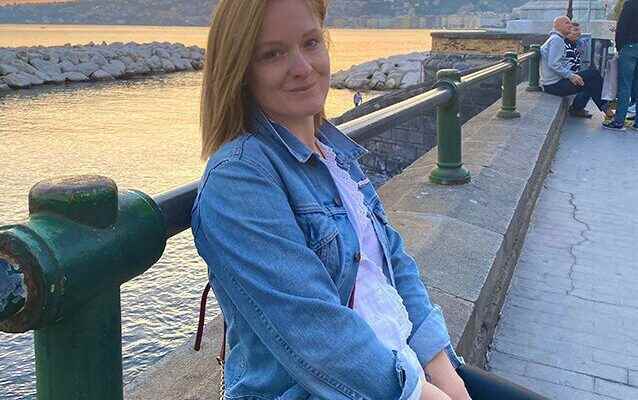Because she does not want to become an abusive educator, Pauline is going to practice her profession elsewhere than in France. Meet. To be found on Sunday October 16 at 9:10 p.m. in Forbidden Zone: Foster families, social hotels, the new scandal of foster children.
You have worked for ten years as a special education teacher. Have you been in charge of placed minors, dependent on Childhood Social Assistance (ASE)?
Paulina: Yes of course. In particular, I worked in homes and in hotels where the ASE had placed minors.
How can a child end up in a hotel room, watched 24 hours a day by an educator?
They have generally been placed small, have made the rounds of collective structures such as homes and can no longer take it. The ASE places them in a hotel because their file is too heavy to be accommodated elsewhere.
What type of hotel is it?
The only ones who agree to take the risk of welcoming these young people. These hoteliers work with the ASE, the 115 (Samu social, editor’s note) and also welcome unaccompanied minors (unaccompanied foreign minors, editor’s note), but not tourists.
How do you work in these hotels?
The ASE assigns me a young person, I arrive at the hotel at 8 am, I take over from my night colleague, and I stay until 8 pm. And this rhythm can last for weeks, months or more than a year.
What is your mission during the twelve hours spent with the young person?
You should know that when it places a teenager in a hotel, the ASE has no support project and suddenly we, educators, have no other obligation than to keep them. Some do not even try to get in touch with the young person, to avoid confusion. Me, I suggested having lunch or going out, but if the young person wants to stay in his room, or prefers to run away, I can’t do anything except report it to the police station in the latter case.
But they are still not banned from going out?
No, but if we give them timetables, “you leave at 4 p.m. and you come back at 6 p.m.”, few respect them.
They are minors. What about their schooling?
All the children I looked after in a hotel were out of school. Here again, it is the ASE which must take care of any registrations. From our side, we can’t do anything.
They are placed in simple, tiny, sometimes unsanitary rooms. How do they feed?
We receive a cash envelope at the beginning of the month which covers their meals and their hygiene. But that creates tense situations, when you have to hide the envelope because the young person would like to use the money for something else…
Finally, you are almost a social prison guard…
Except that unlike other colleagues, who do not hesitate to belt young people who have seizures, I do not do restraint. I call the fire department. I remember this time when a teenager had become violent, including towards herself. The police arrived, the situation degenerated. She ended up being taken away by the fire brigade, but before that she promised to kill me.
What needs to be changed urgently?
The ASE does the bare minimum. It lodges, nourishes, whitens. But these kids have nothing to do with their days. Why not make them integrate the associative fabric, make them actors in the humanitarian, elsewhere than in their neighborhoods? The status of educators is also to be reviewed. Today, it is estimated that an educator with more than six years of experience is too expensive. So we recruit kids who sometimes don’t even have the BAFA. It’s explosive.
Subscribe to the Telestar.fr Newsletter to receive the latest news for free
